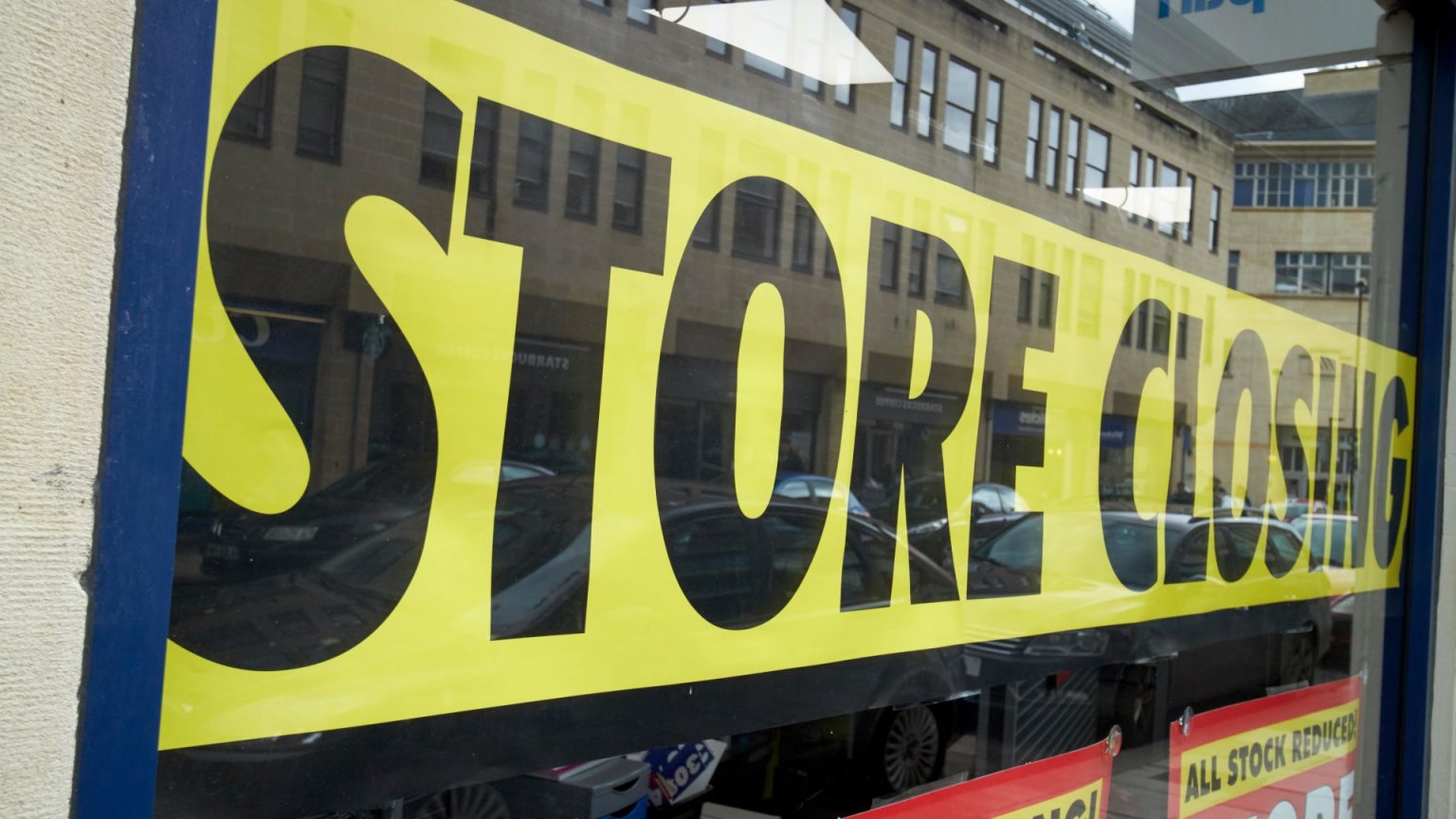The UK retail landscape is undergoing a significant transformation, marked by closures and shifts in consumer behavior. Dobbies Garden Centre, a well-known retailer of gardening supplies, pet products, and more, recently closed its Hare Hatch branch, adding to the growing list of retail closures across the country. While the Hare Hatch location will reopen under new ownership by Squire’s Garden Centres, the closure nevertheless reflects the challenges faced by many retailers in the current economic climate. This closure follows a series of others by Dobbies, including 12 branches before Christmas 2024 and six Little Dobbies locations in November of the same year. The company now operates around 60 stores across the UK. While the reopening under Squire’s offers a glimmer of hope for the local community, it also underscores the broader trend of retail restructuring and adaptation.
Dobbies’ situation isn’t unique. The retail sector is grappling with the combined pressures of high inflation and a cost-of-living crisis, leaving consumers with less disposable income. This reduced spending power has had a ripple effect across various retail segments, including DIY and garden centers. Homebase, another major player in the DIY market, fell into administration in late 2024, placing over 130 stores at risk. While CDS Superstores, the owner of The Range and Wilko, acquired a portion of these stores with plans to reopen around 50, many Homebase locations remain vulnerable to closure. Even established retailers like Kingfisher, the parent company of B&Q and Screwfix, experienced a significant drop in profits, highlighting the widespread impact of the economic downturn.
Beyond these specific examples, the rise of online shopping has fundamentally altered consumer habits, contributing to the decline of traditional brick-and-mortar stores. The convenience and often lower prices offered by online retailers have drawn customers away from physical locations, impacting foot traffic and profitability. This shift has forced retailers to re-evaluate their strategies, leading to store closures, downsizing, and a greater emphasis on online presence. The increased costs associated with operating physical stores, including rising staff wages and employer National Insurance Contributions (NICs), further exacerbate the challenges faced by retailers. The British Retail Consortium has predicted a significant cost burden for the retail sector due to the increase in employer NICs and the rise in minimum wage, making it even more difficult for businesses to maintain profitability.
Empty storefronts have become a common sight on high streets across the UK, symbolizing the struggles of the retail sector. As consumers increasingly turn to online platforms for their shopping needs, physical stores struggle to compete. Falling sales coupled with rising operational costs create a difficult environment for retailers, often leading to closures. The closure of major retailers also has a knock-on effect on surrounding businesses, as reduced foot traffic impacts the viability of smaller shops and contributes to the overall decline of town centers. The shift towards retail parks, offering free and convenient parking, further exacerbates the challenges faced by high street retailers, as consumers opt for easier and more affordable shopping experiences.
The retail landscape is also being reshaped by the increasing prevalence of retail parks, which offer convenient parking and often house larger stores. This trend has led retailers like Next and Marks & Spencer to close high street locations and open larger stores in retail parks, catering to changing consumer preferences. The decline of high streets is a complex issue with multiple contributing factors, including the rise of online shopping, changing consumer habits, and the increasing costs of operating physical stores. The closure of anchor stores further exacerbates the problem, leading to reduced foot traffic and a domino effect on smaller businesses.
The retail sector continues to experience significant disruption, with store closures and bankruptcies becoming increasingly common. Several well-known brands, including Carpetright, Debenhams, Dorothy Perkins, Paperchase, Ted Baker, The Body Shop, Topshop, and Wilko, have fallen victim to these challenging market conditions. In many cases, the intellectual property rights of these brands are acquired by rival retailers or private equity firms, allowing them to continue selling online or through a limited number of physical stores. This trend highlights the evolving nature of retail, where online presence and brand recognition often outweigh the need for a large physical footprint. The Centre for Retail Research predicts a significant number of retail site closures in the coming years, signaling the ongoing transformation of the retail landscape and the need for businesses to adapt to changing consumer behavior and economic pressures.


